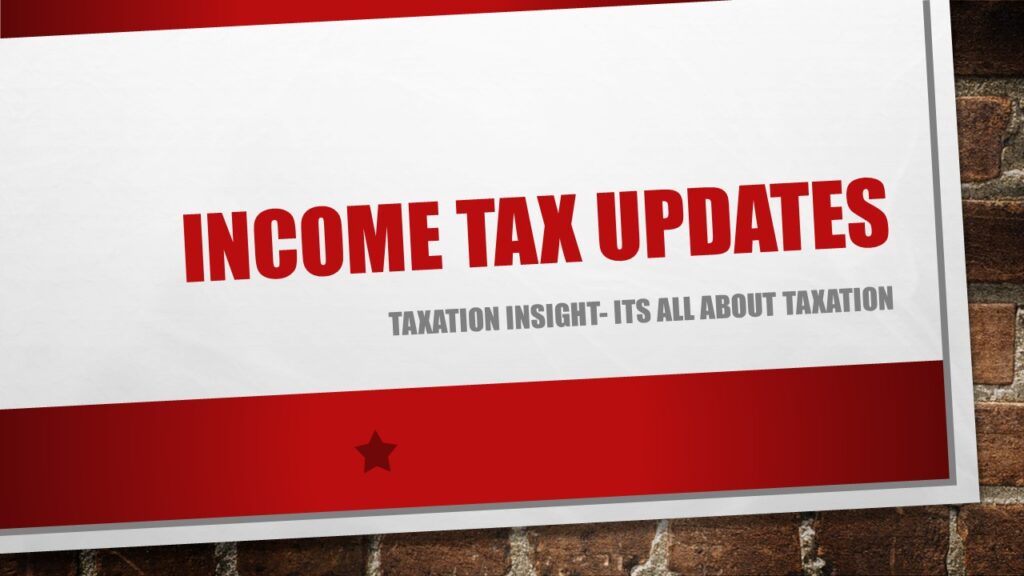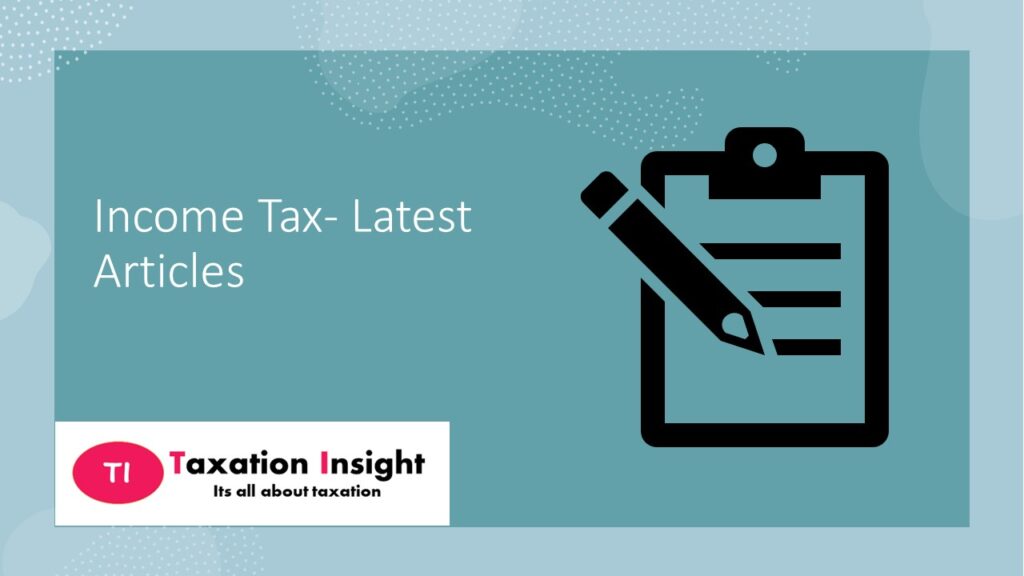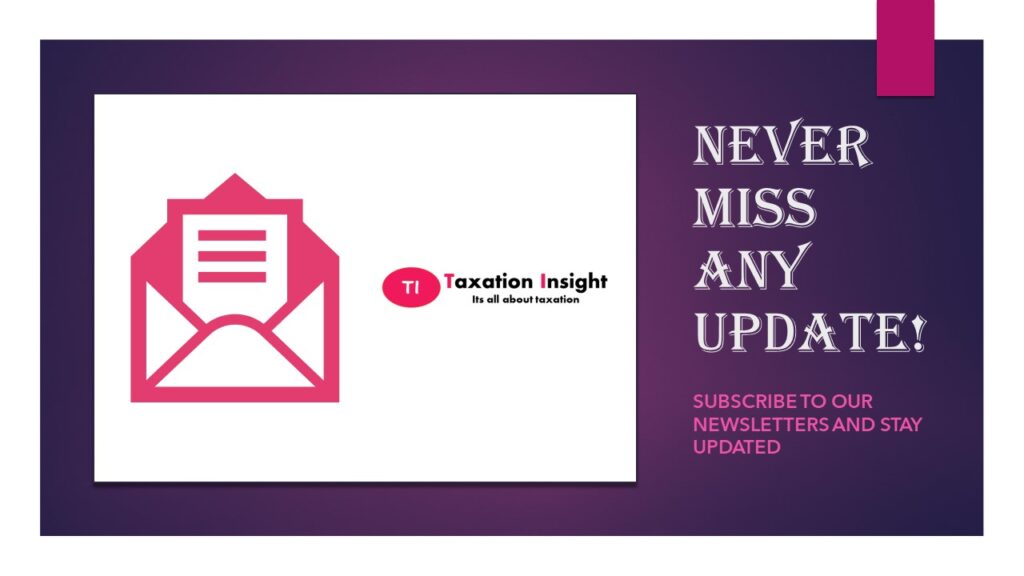

Income Tax Act, 1961
Income Tax in India is in the nature of Direct tax which every taxpayers pays to Government based on his Income (and profit, in the case of companies). The government uses this tax money for various purposes including Public Services, Infrastructure Development, Defence spending and Subsidies among other options. If you earn income beyond a certain limit, it is mandatory to pay income tax every year
The Law of Income Tax in India is governed by Income Tax Act, 1961 and it has following components;
- Income Tax Act, 1961: The Act contains the major provisions related to Income Tax in India
- Income Tax Rules, 1962: CBDT is the body which looks after the administration of Direct Tax. The CDBT is empowered to make rules for carrying out the purpose of this Act.
- Finance Act: Every year Finance Minister of Government of India presents the budget to the parliament. Once the finance bill is approved by the parliament and get the clearance from the President of India, it become the Finance Act.
- Circulars and Notification: Sometime the provision of the Act may need clarification an that clarification usually in the form of circulars and notifications which has been issued by the CBDT from time to time. It includes clarifying the doubts regarding the scope and meaning of the Provisions.
Entry 82 of List I of Seventh Schedule of the Constitution of India confers power on Parliament to levy taxes on Income other than agricultural Income. Thus, Income Tax is under the Union list and henceforth Central Government is authorized and responsible for the collection of Income Tax.
Income Tax Act contains a total of 23 chapters and 298 sections according to the official website of Income Tax Department of India. The various heads for which you have to pay income tax include:
- Salary
- Income from House Property
- Capital Gain
- Profit and gains from business or profession
- Income from other sources
Every year, the Indian government presents a finance budget during the month of February. The budget brings in various amendments to the Income Tax Act. This includes changes in tax slabs wherever applicable. The income earned during the previous year is taxable in next year i.e. Assessment year subject to certain exceptions.
Source: History of Direct Taxation (incometaxindia.gov.in)
Team Taxation Insight
